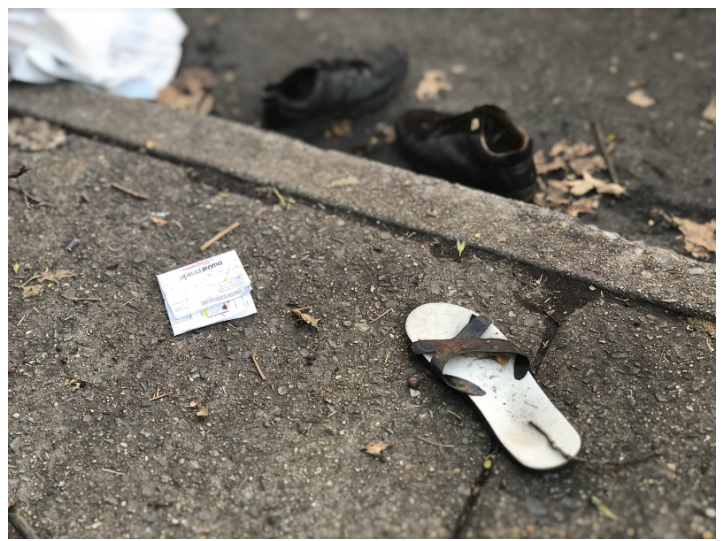How to protect yourself legally and medically after a car accident

Being involved in a car accident can be one of the most stressful and disorienting experiences in life. In those crucial moments following a collision, the actions you take can significantly impact your physical recovery, legal standing, and insurance claims. Understanding the proper steps to take immediately after an accident is essential for protecting yourself both medically and legally.
Stay Calm and Assess the Situation
The moments immediately following a car accident are critical, and your ability to remain calm will directly influence how well you handle the situation. Taking a deep breath and maintaining composure allows you to think clearly and make rational decisions.
Prioritize Your Safety and the Safety of Others
Your first priority after any accident should be ensuring the safety of everyone involved. If your vehicle is drivable and you are blocking traffic, carefully move it to the shoulder of the road or a nearby parking lot. This prevents additional accidents and reduces the risk of further injury.
Immediately turn on your warning lights to alert other drivers of the situation. This simple action can prevent secondary accidents, which are unfortunately common at accident scenes. If your vehicle cannot be moved safely, leave it where it is and focus on getting yourself and any passengers to a safe location away from traffic.
Check for Injuries
Once you have secured the immediate area, conduct a quick assessment of yourself and any passengers in your vehicle. Look for visible signs of injury such as bleeding, bruising, or obvious pain. However, remember that adrenaline can mask injuries, so even if you feel fine initially, you may still be hurt.
If you suspect that you or anyone else may have sustained a spinal injury, avoid unnecessary movement. Encourage injured parties to remain still until medical professionals arrive. This precaution can present further damage to areas of the body that may have been affected by the impact.
Contact Emergency Services Without Delay
Contacting emergency services should be one of your first actions after ensuring immediate safety. This step is crucial for both legal and medical reasons, regardless of how minor the accident may appear.
Why You Should Always Call the Police
In most areas, calling the police after a car accident is legally required, especially when injuries or significant property damage are involved. Even in cases where the law doesn’t explicitly require police involvement, having an official police report can be invaluable for insurance claims and potential legal proceedings.
Request Medical Assistance
Even if injuries are not immediately apparent, requesting medical assistance following a car accident is a wise decision. Many serious injuries, including internal bleeding, concussions, and soft tissue damage, may not present obvious symptoms immediately after an accident. Having emergency medical personnel evaluate everyone involved can identify hidden injuries that might have gone unnoticed.
Ensure That All Detail At the Scene Is Documented
Comprehensive documentation of the accident scene is essential for protecting your interest in insurance claims and potential legal proceedings. The more detailed information you can gather, the stronger your position will be.
Gather Photo and Video Evidence
Use your smartphone to capture extensive photographic and video evidence of the accident scene. Take pictures of all vehicles involved from multiple angles, showing both the damage and the overall positioning of the vehicles. Document road conditions, weather, traffic signs and any other environmental factors that may have contributed to the accident.
Photograph license plate details, VIN numbers, and any debris from the accident scene. These details can be crucial if there are disputes about what occurred or if one party attempts to provide false information later.
Exchange Information with Other Parties
Collect comprehensive contact and insurance information from all parties involved in the accident. This includes full names, phone numbers, email addresses, drivers license numbers, insurance company names, and policy numbers. Also, make note of the make, model, year and color of all vehicles involved.
While gathering this information, remain polite and cooperative, but avoid discussing fault or making statements about what caused the accident. Stick to factual information only, as anything you say could potentially be used against you later in insurance negotiations or legal proceedings.
Speak Carefully and Avoid Admitting Fault
What you say at the accident scene can have lasting implications for insurance claims and legal standing. Understanding how to communicate appropriately is crucial for protecting your interest.
The Legal Implications of What You Say
Even seemingly innocent statements like “I’m sorry” or “I didn’t see you” can be interpreted as admissions of guilt and used against you in legal proceedings or insurance negotiations. Insurance companies and opposing legal counsel are trained to look for any statements that might indicate fault or negligence on your part.
Stick to the Facts When Talking to Authorities
When speaking with police officers, emergency personnel, or insurance representatives, provide only factual information about what you observed and experienced. Avoid speculation about what the other driver was doing or thinking, and don’t volunteer information beyond what is specifically requested.
Dealing with Language Barriers and Translation Needs
For non-native English speakers, language barriers can complicate an already stressful situation and potentially impact the outcome of insurance claims and legal proceedings.
Why Accurate Translation Is Essential Following an Accident
Miscommunication due to language barrier can lead to misunderstanding about what occurred, incorrect information in police reports, or problems with insurance claims. Accurate translation ensures that your account of events is properly documented and that you fully understand your rights and obligations.
Language difficulties can also impact your ability to communicate effectively with medical personnel, potentially affecting the quality of care you receive and the accuracy of medical records to your injuries.
How Professional Translation Services Can Help
Professional translation services can assist with translating important documents such as police reports, insurance claims, medical records, and legal documents. These services ensure that nothing is lost in translation and that you have a complete understanding of all documentation related to your accident.
The Essential Steps to Protection and Recovery
The immediate actions you take after a car accident can significantly impact your physical recovery, financial compensation, and legal protection. By staying calm, prioritizing safety, documenting everything and seeking professional help, you position yourself for the best possible outcome during a challenging time.





